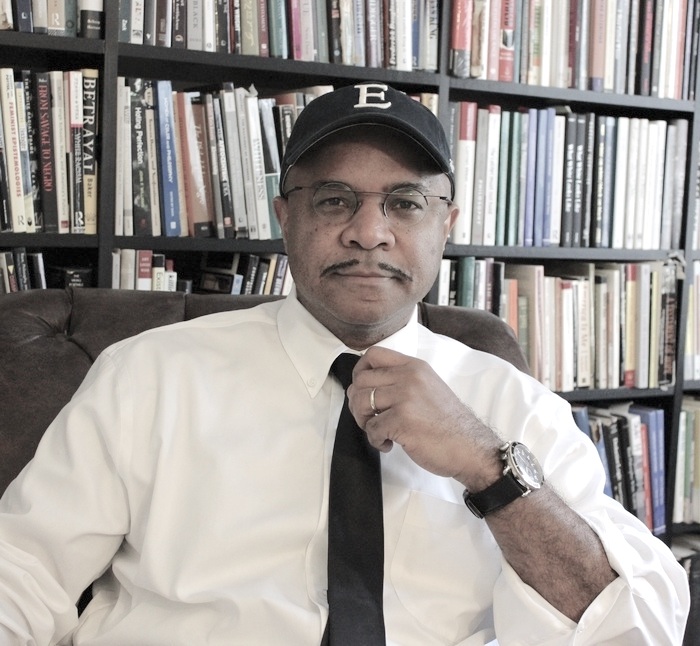George Yancy, Professor of Philosophy at Emory University, works primarily in the areas of critical philosophy of race, critical whiteness studies, and philosophy of the Black experience. He is particularly interested in the formation of African-American philosophical thought as articulated within the social and historical space of anti-Black racism, African-American agency, and questions of identity formation. His current work focuses on the theme of whiteness and how it constitutes a site of embedded social reality and a site of deep and enduring opacity, which is related to what he has theorized as white ambush. He is interested in the ways in which whiteness as an embodied phenomenon is a reality underwritten by historical forces and practices. Hence, he takes history seriously as an ever present force through which bodies are positioned. He is interested in themes such as white subject formation, white epistemic ways of knowing/not knowing, privilege and hegemony, and forms of white spatial bonding as sites of white solidarity and interpellation (or hailing). He is also interested in how such forms of white epistemic and bodily bonding are underwritten by white intelligibility. Yancy explores the theme of racial embodiment, particularly in terms of how white bodies live their whiteness unreflectively in relationship to the deformation of the black body and other bodies of color. He sees the two as relational. Within this context, his work explores Black Erlebnis or the lived experience of black people, which raises important questions regarding Black subjectivity, modes of Black spatial mobility, ontological truncation, and embodied resistance. He has theorized critical processes of what he terms suturing and un-suturing and how both concepts are linked to questions of embodiment and spatiality. Yancy is also interested in the intersection between philosophy and biography. More specifically, he is interested in questions regarding philosophical self-formation, that is, how philosophers come to believe what they believe and how such belief formations/configurations are linked to historical, cultural, racial, and gendered processes. Yancy is also interested in ways to engage philosophy dynamically, to practice frank speech or courageous speech, within and outside the classroom. Yancy’s publications are varied and extensive. He has authored, edited, and co-edited numerous books, articles, and chapters. His work has been quoted worldwide, including in Turkey, Australia, South Africa, and Sweden. He is known for his powerful and influential conversations with philosophers on race at The Stone, New York Times. Yancy is also “Philosophy of Race” Book Series Editor at Lexington Books.
FREE SHIPPING ON ORDERS OVER $50 / £50
GBP

WOOCS v.2.3.4.1


